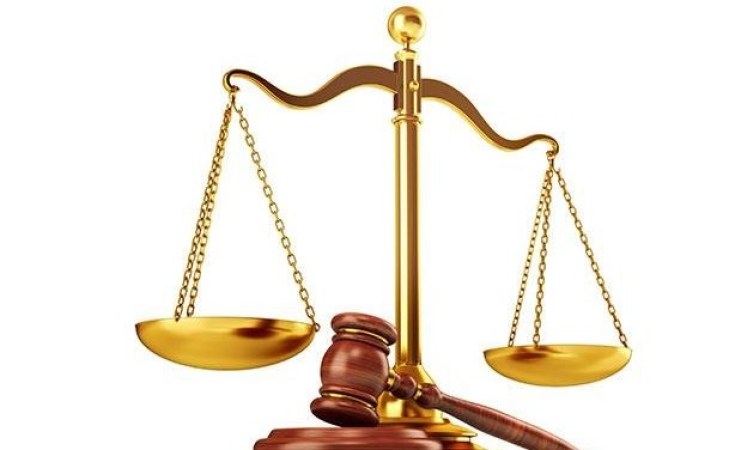THE RECENT NOT GUILTY verdict in the high-profile $100 million drug bust trial has sent shockwaves through Liberia's justice system, leaving the Ministry of Justice appalled and concerned. This verdict not only undermines Liberia's collective efforts to combat drug trafficking but also exposes potential flaws in the country's judicial processes. The need for urgent reforms to the jury trial system and increased funding for prosecutors has become glaringly apparent. It is crucial for all branches of the government to shoulder the responsibility and take immediate action to address these challenges.
THE MINISTRY OF JUSTICE'S condemnation of the verdict reflects the deep concern that this ruling undermines Liberia's commitment, along with its international coalition, to combat the illegal transit of illicit drugs through West Africa. Minister Frank Musah Dean Jr rightly emphasizes the importance of appropriate legislation to support the executive branch and joint security forces in their fight against drug trafficking, money laundering, and related crimes. The acquittal of the accused, despite overwhelming evidence and an attempt to bribe a connected businessman, is deeply disappointing and undermines the rule of law.
THE ATTORNEY GENERAL of Liberia has questioned the court's failure to recognize the gravity of the breach of law in this case. This ruling has not only set hardcore criminals free but has also raised concerns about potential compromises within the judiciary. The international community is watching, and Liberia's reputation has been tarnished. The release of the accused and their subsequent flight has further added to the embarrassment. It is essential to rectify these failures and restore faith in the Liberian justice system.
LEGAL EXPERTS have highlighted that the underlying issue lies with the jury trial system itself. The selection process often results in jurors who may not possess the necessary understanding of the complexities of the cases they are assigned. This lack of expertise can lead to flawed decisions that have far-reaching consequences for justice and the rule of law. Additionally, inadequate funding for prosecutors has hampered trial preparations, resulting in a high rate of case losses for the government. Urgent attention is required to address these systemic challenges.
IT IS TIME for Liberia to critically examine its justice system and advocate for necessary reforms. Suggestions include considering bench trials, where judges weigh the evidence and make determinations, rather than relying solely on juries. This approach would ensure that decisions are made by individuals with legal expertise, reducing the risk of misinterpretation or insufficient comprehension of the cases. Furthermore, allowing the Republic to appeal adverse verdicts in criminal cases could provide a safety net against potential miscarriages of justice.
THE MINISTRY OF JUSTICE and other stakeholders must demonstrate their unwavering commitment to addressing the challenges faced by the Liberian justice system. Rebuilding public trust and confidence requires swift action. It is imperative to establish a fair and effective justice system that can effectively combat drug trafficking, money laundering, and related crimes. Adequate funding for prosecutors, reforming the jury trial system, and implementing necessary legislative changes should be the immediate priorities.
THE NOT GUILTY verdict in the high-profile drug bust trial has exposed significant flaws within Liberia's justice system. The acquittal of the accused and their subsequent flight, coupled with concerns about compromised courts, have eroded public trust and damaged Liberia's international reputation. Urgent reforms are needed, including an overhaul of the jury trial system and increased funding for prosecutors. Only through comprehensive changes and collective efforts can Liberia ensure a fair and effective justice system capable of combating drug trafficking and related crimes.


